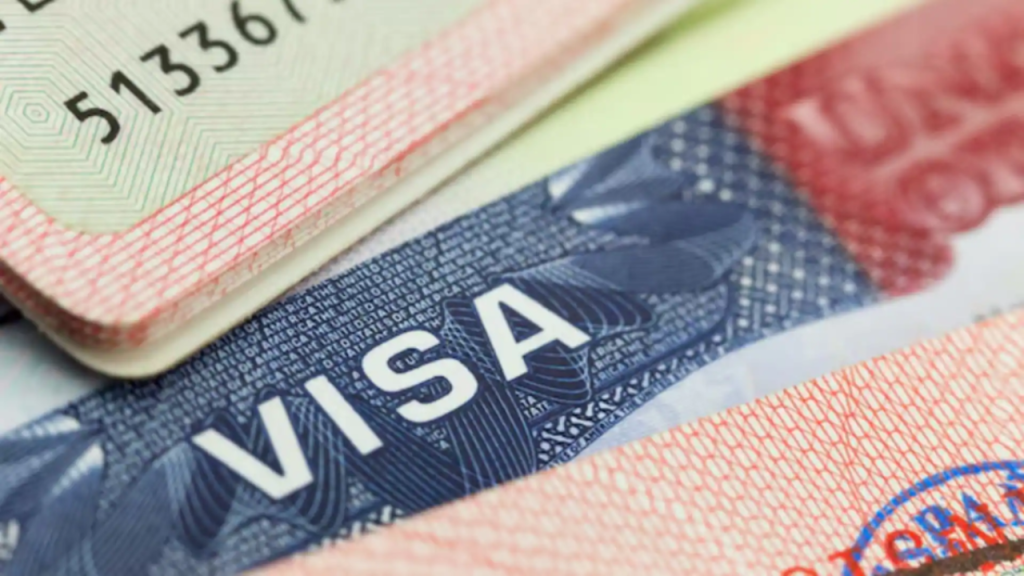
The Trump administration has announced a temporary halt on scheduling new visa interviews for international students seeking to study in the United States. This policy change, effective from May 27, 2025, comes amid expanded efforts to vet applicants’ social media activity more thoroughly before issuing student visas.
Temporary Suspension of New Student Visa Interviews
According to the U.S. Department of State, the suspension specifically affects scheduling new visa interviews for students applying under the F, M, and J visa categories, which cover academic students, vocational students, and exchange visitors respectively. Applicants who already have interviews scheduled are not impacted by this pause.
This temporary halt is part of a broader security review aimed at enhancing vetting protocols for visa applicants. The administration’s focus is on evaluating the social media accounts of applicants to identify any potential national security threats, including connections to terrorism or extremist content.
Social Media Vetting: A New Layer of Scrutiny
The U.S. government’s decision to intensify social media screening follows previous policies introduced in 2019, which required visa applicants to disclose their social media handles as part of the application process. The expanded vetting now involves a more detailed analysis of public and private online activities to detect security risks.
Officials explain that this approach helps identify behaviors or affiliations that could pose threats to U.S. national security, including the promotion of terrorism or antisemitic content. However, critics argue that such measures could unfairly delay or deny visas to legitimate students and potentially discriminate against applicants from certain regions or backgrounds.
Impact on U.S. Universities and International Students
The decision has raised alarms across American higher education institutions, many of which rely heavily on international students. These students not only enrich campus diversity but also contribute significant tuition revenue, which helps fund academic programs and research.
Experts warn that the suspension could disrupt the academic calendar for many international students, delay enrollment, and strain university finances. Schools with large international student populations are particularly vulnerable to the consequences of this policy.
Harvard University, one of the nation’s leading institutions, recently faced a related legal challenge when the administration attempted to revoke its ability to enroll international students. A federal judge blocked this attempt, allowing about 6,800 students to continue their studies uninterrupted.
Legal Challenges and Political Backdrop
This latest move is part of a broader Trump administration policy to tighten immigration and visa processes. While presented as necessary for national security, it has sparked criticism from educational leaders, advocacy groups, and lawmakers who argue it undermines America’s reputation as a welcoming destination for global talent.
The American Council on Education (ACE), which represents colleges and universities nationwide, expressed concern that the policy “creates uncertainty for students and families and harms U.S. institutions’ ability to attract global talent.”
What This Means for Prospective International Students
Students planning to apply for U.S. visas should monitor updates closely. Currently, the suspension only affects new visa interview appointments, and no additional steps have been announced regarding when the policy might be lifted.
Applicants are advised to prepare for potential delays and ensure all required documentation, including social media information, is accurately submitted. Visa seekers can find up-to-date information and guidance on the official U.S. Department of State website.
